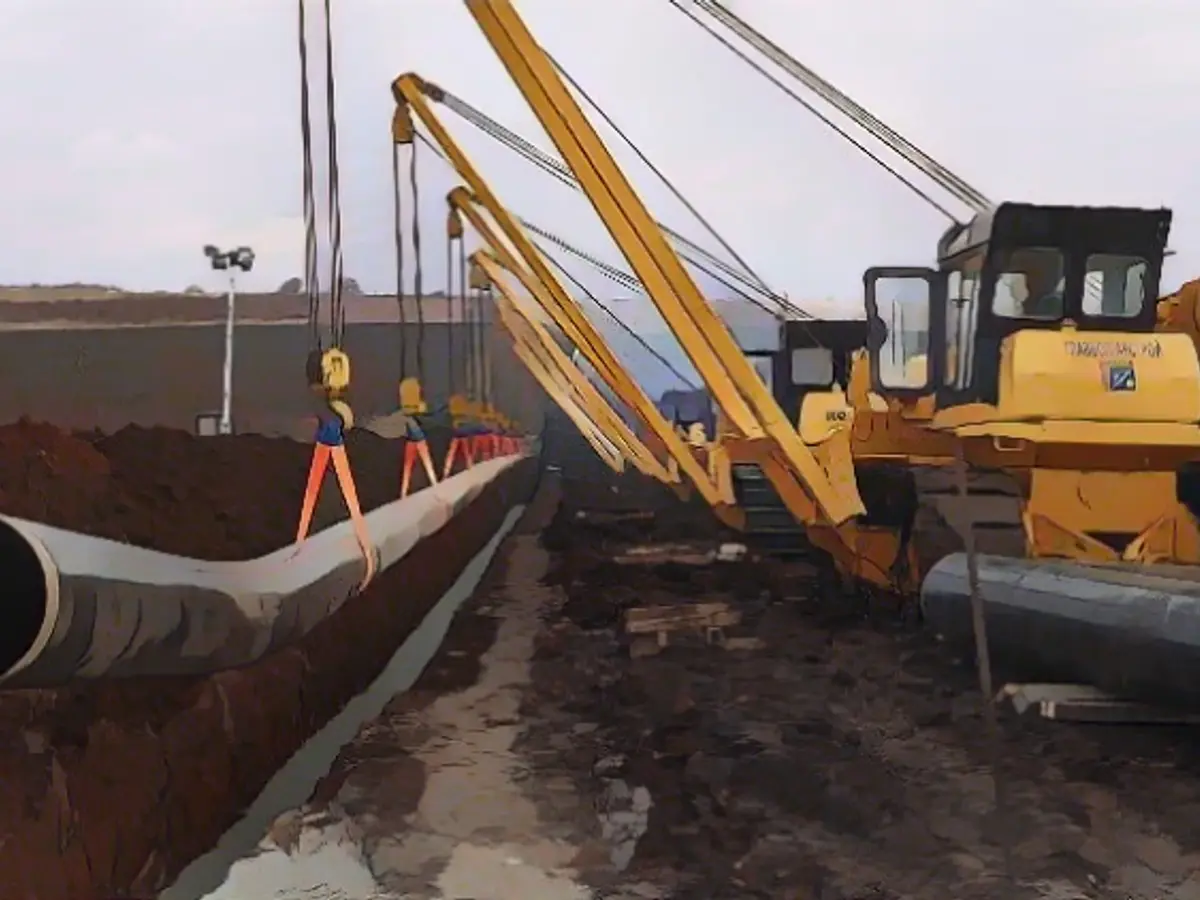Hungary wants to block Bulgaria's Schengen accession
Bulgaria would like to join the European Schengen area without border controls. However, after the Netherlands and Austria, Hungary has now also announced its veto. The bone of contention is a transit fee for Russian natural gas, on which Hungary is dependent.
Hungary has announced that it will veto Bulgaria's accession to the Schengen zone if the country does not abolish the transit tax on Russian gas. This was announced by the Foreign Ministry in Budapest. While other European countries are trying to avoid importing Russian gas wherever possible, Hungary has agreed new supplies with Gazprom and currently purchases 4.5 billion cubic meters of gas per year from Russia, mainly via Bulgaria and Serbia. The members of the Schengen Agreement waive border controls among themselves.
In order not to jeopardize accession, Bulgaria had already announced that it would refrain from collecting the transit fees introduced in October for the time being. The country is very close to joining Schengen and does not want this fee to hinder this, said Boiko Borissov, leader of the co-governing center-right Gerb party. They would wait for a corresponding EU mechanism with regard to transit fees.
In addition to Hungary, the Netherlands and Austria have also been blocking Bulgaria's Schengen accession since 2022. However, according to media reports, Vienna is willing to relax its position.
Criticism of Bulgaria
The transit payments must be made by the Russian gas company Gazprom, but the fee could affect the prices that Hungarian consumers have to pay for Russian gas. In addition to the EU country, Serbia also continues to purchase its gas from Gazprom in Europe. Bulgaria routes it through from Turkey. According to Bulgarian sources, Gazprom has neither paid nor commented on the transit fee of the equivalent of 10 euros per megawatt hour.
The Bulgarian government argues that the fee will help to empty the Russian war chest. However, it is also controversial outside Budapest and Belgrade: Bulgaria's Russia-friendly President Rumen Radev has called on the country's highest court to examine the legality of the tax. Critics in Brussels also accuse Bulgaria of playing a double game: The country only agreed a new supply agreement with Turkey at the beginning of the year to allow more Russian gas to flow through its pipelines.
Read also:
- Year of climate records: extreme is the new normal
- Precautionary arrests show Islamist terror threat
- UN vote urges Israel to ceasefire
- SPD rules out budget resolution before the end of the year
Hungary's stance on Bulgaria's Schengen accession is influenced by its reliance on Russian gas, as it recently agreed on new supplies with Gazprom. This controversial transit tax on Russian gas is a point of contention, with Hungary purchasing approximately 4.5 billion cubic meters of gas annually through Bulgaria and Serbia. The Schengen Agreement, which waives border controls among its member states, could be affected if Bulgaria continues to collect the transit fees.
Source: www.ntv.de








